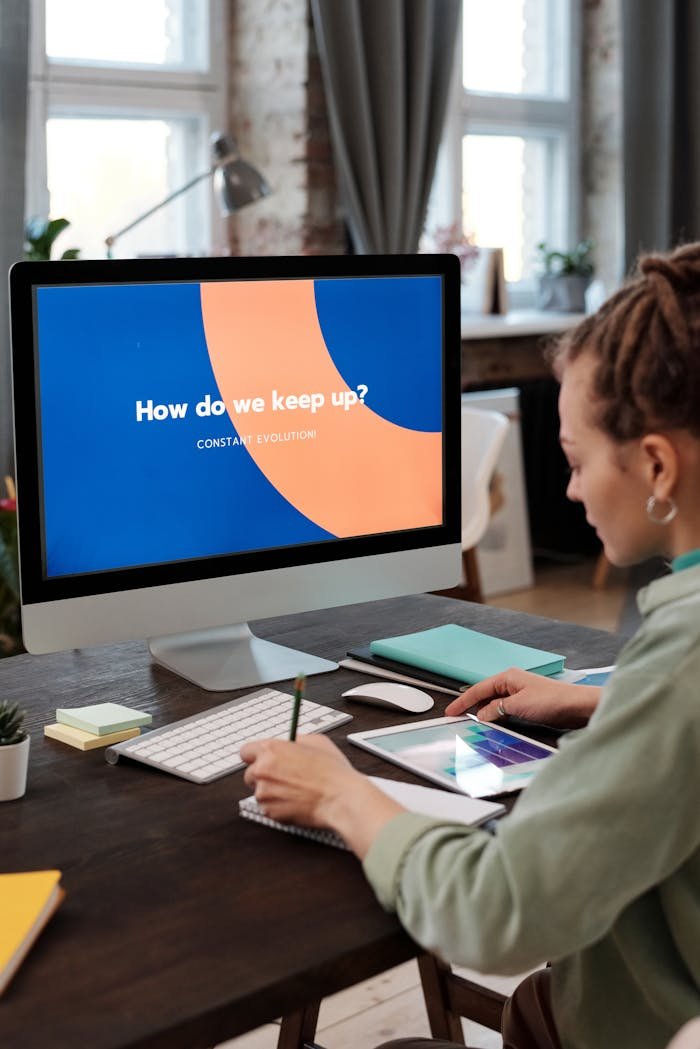Introduction
Freelance web development offers the flexibility to work from anywhere, the potential for lucrative earnings, and the opportunity to choose projects that interest you. If you’re considering a career in freelance web development, you likely have questions about how to get started, what skills you need, and how to attract clients. This Q&A guide will provide you with the essential information to kickstart your freelance web development career.
Q1: What Skills Do I Need to Become a Freelance Web Developer?
Answer: To succeed as a freelance web developer, you need a combination of technical and soft skills.
Technical Skills:
- HTML, CSS, and JavaScript: Fundamental languages for web development.
- Front-end Frameworks: Familiarity with frameworks like React, Angular, or Vue.js.
- Back-end Development: Knowledge of server-side languages such as Node.js, Django, or Ruby on Rails.
- Databases: Understanding of SQL and NoSQL databases like MySQL, PostgreSQL, and MongoDB.
- Version Control: Proficiency in Git for code collaboration and versioning.
Soft Skills:
- Time Management: Ability to manage multiple projects and meet deadlines.
- Communication: Clear communication with clients to understand their requirements.
- Problem-Solving: Creative solutions to technical challenges.
Q2: How Do I Build a Portfolio as a New Freelancer?
Answer: A strong portfolio is crucial for showcasing your skills to potential clients. Here’s how you can build one:
- Personal Projects: Start by creating your own projects. Build websites or applications that demonstrate your skills.
- Contribute to Open Source: Participate in open-source projects. It’s a great way to gain experience and visibility.
- Volunteer Work: Offer your services to non-profits or local businesses. This provides real-world experience and projects for your portfolio.
- Showcase Your Code: Use platforms like GitHub to share your code and projects. Ensure your code is clean, well-documented, and organized.
Q3: How Can I Find Freelance Web Development Clients?
Answer: Finding clients can be challenging initially, but there are several strategies to help you get started:
- Freelance Platforms: Sign up on platforms like Upwork, Freelancer, and Fiverr. Create a compelling profile and start bidding on projects.
- Networking: Attend industry events, join web development communities, and connect with potential clients on LinkedIn.
- Social Media: Promote your services on social media platforms like Twitter, Instagram, and Facebook. Share your work and engage with your audience.
- Job Boards: Check job boards like Indeed, Remote OK, and We Work Remotely for freelance opportunities.
- Referrals: Ask satisfied clients for referrals and testimonials. Word-of-mouth can be a powerful tool for gaining new clients.
Q4: How Should I Price My Services?
Answer: Pricing your services can be tricky. Here are some factors to consider:
- Market Rates: Research what other freelancers with similar skills are charging. This will give you a benchmark.
- Experience Level: As a beginner, you might start with lower rates and gradually increase them as you gain experience and build a reputation.
- Project Complexity: Charge based on the complexity and scope of the project. More complex projects warrant higher rates.
- Hourly vs. Fixed Price: Decide whether to charge hourly or a fixed price per project. Hourly rates provide flexibility, while fixed prices are clear and straightforward for clients.
Q5: How Do I Manage My Freelance Business?
Answer: Effective management is key to a successful freelance career. Here’s how you can manage your business:
- Contracts: Always use contracts to outline project scope, timelines, payment terms, and deliverables. This protects both you and the client.
- Invoicing: Use invoicing software like FreshBooks or QuickBooks to manage payments. Ensure timely invoicing and follow up on overdue payments.
- Time Tracking: Tools like Toggl or Clockify can help you track time spent on projects and manage your workload.
- Continuous Learning: Stay updated with the latest web development trends and technologies. Take online courses and participate in webinars to enhance your skills.
Conclusion
Starting a career in freelance web development can be highly rewarding. By developing the right skills, building a strong portfolio, and effectively managing your business, you can attract clients and create a successful freelance career. Remember, persistence and continuous learning are key to thriving in this competitive field.

